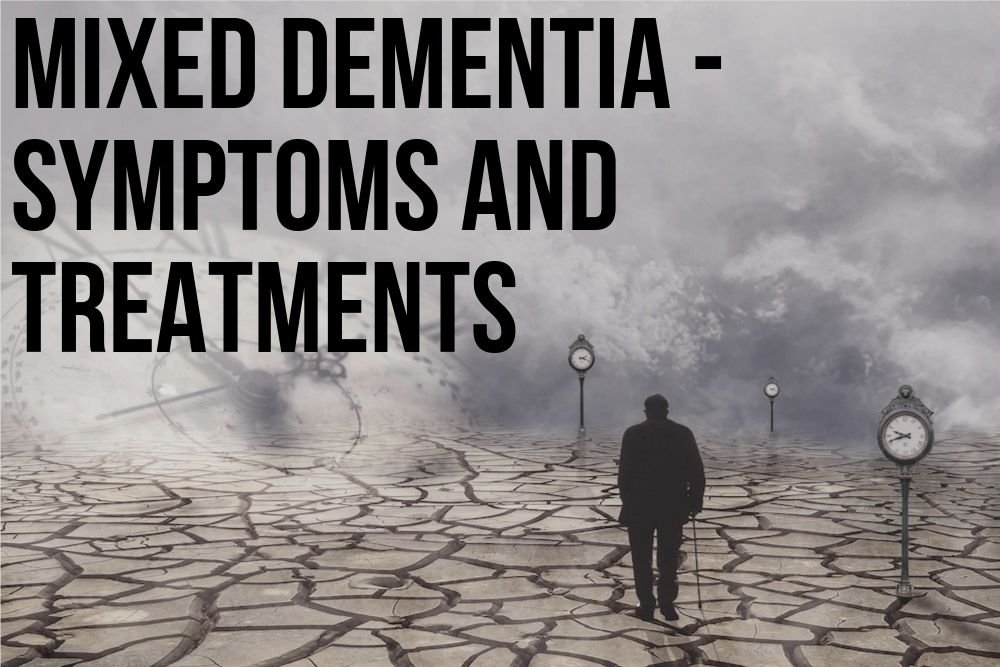When speaking about palliative care and dementia, the core focus is improving the person’s quality of life.
Taking care of a family member with dementia can feel incredibly overwhelming at times. There is so much to learn and figure out.
Often it seems that as soon you do get something figured out, everything changes again.
Enter the palliative care team. Specially trained healthcare professionals who focus on improving the quality of life for people with serious illnesses, and their families.
They work hand-in-hand with the person, their doctor(s) and family members to reduce distressing symptoms, enhance communication, coordinate care, and develop a plan to improve quality of life for the palliative care patient and their family.
Contents
What can Palliative Care Do for People with Dementia?

The goal of palliative care is to reduce suffering and enhance the quality of life for the ill individual as well as their family.
They are there to help react to problems and discomfort as they occur. However much of what the palliative care team strives to do is to prevent problems from arising in the first place.
By helping the patient and their family understand (to the extent possible) what might lie ahead, they can plan for smoother sailing and navigate around major icebergs, missing most of them altogether.
Assist with Advanced Care Planning

The medical and legal landscape can be confusing and difficult to navigate – all the more so for individuals overwhelmed by emotion, stress or health problems of their own.
Often, this is the case for families that experience dementia.
The palliative care team can help families understand their options.
They can lead conversations about planning for eventualities, such as:
- Who is the best choice to advocate for the person as their cognitive abilities decline?
- If the person is found unconscious and without a pulse should resuscitation be attempted, or would they prefer to allow nature to take its course?
- Should feeding tubes, ventilators or other intensive treatments be considered? Under which circumstances?
- What are the person’s beliefs and wishes as they pertain to pain control? Do they want to be kept pain-free at all costs, or would they prefer to deal with some pain, if it means being able to engage positively with family members?
The palliative care team can help ensure that the doctors and medical providers are on the same page with the person in terms of their goals.
Without advanced planning, people often end up spending the last portion of their lives undergoing intensive medical treatments. Spending time in and out of hospitals, rather than remaining comfortable in their own homes.
This can be extremely traumatic or stressful for the person and their family.
This type of advance planning can be especially helpful to undertake with someone in the earlier stages of dementia.
It can enable their voice, preferences and beliefs to be a bigger part of the conversation. Most families find that palliative care support is extremely valuable in this arena.
Minimize Distressing Symptoms of the Disease

People with dementia, and their families, tend to experience a variety of distressing symptoms, such as anxiety and depression.
Pain is not normally a direct symptom of dementia, but because it can impair the person’s ability to recognize and communicate pain from other causes, there is a significant tendency to under-treat pain in people with dementia, according to researchers throughout Europe.
Pain is not only uncomfortable, but it is also exhausting. It can make it harder to think clearly, participate in meaningful activities, or comply with medical recommendations.
For example, it’s hard to comply with exercise recommendations when your feet hurt too much.
Pain is one of the major causes of challenging behavior in people with dementia. These behaviors contribute to their own stress levels, as well as those of their loved ones.
Pain assessment in dementia can be tricky. Even for seasoned professionals in some cases – but it is well worth the effort.
The difference in behavior, functioning and personality in someone with dementia who is hurting, before and after the adequate treatment, can be truly astounding.
The palliative care team can help minimize pain, anxiety, depression, hoarding, paranoid thinking, challenging behaviors, and other symptoms of dementia.
Enable People to Reach their Goals
Palliative care is all about the quality of life, not just medical care. For example, if a person with dementia wants to spend more time with their grandchildren, or figure out how to keep their beloved cat, the palliative care team is passionate about supporting these goals.
They specialize in managing symptoms and overcoming barriers so that people can live their best life.
Palliative Care is Underutilized and Misunderstood

According to the World Health Organization, 40 million people worldwide are in need of palliative care each year as they suffer with physical, emotional or spiritual pain near the end of their lives.
Only about 14% of these individuals currently receive palliative care. The best program availability is located in Europe, North America and Australia.
Most of the lack of utilization is due to the poor availability of palliative care programs. However, some people do have access to it but fundamentally misunderstand its scope.
Patients tend to confuse palliative care with hospice care. They believe that only people with terminal conditions, or those at the very end of life, need or can qualify for palliative care.
Hospice care is indeed for individuals who are expected by their doctor to be in their last few months of life.
However, palliative care is intended for people in any stage of a serious illness – from the time of diagnosis, in many cases – explains Karen Mulvihill, Director of Palliative Care Services at Danbury Hospital in Connecticut, USA.
In fact, palliative care can be most effective when in use as early as possible in the disease. It offers the best chance to prevent problems right from the beginning.
Palliative care can be delivered even while the person undergoes curative treatments, which is another place it differs from hospice.
Other misunderstandings include that palliative care or hospice are in connection to euthanasia or physician-assisted suicide.
This isn’t true.
A key tenant of palliative care holds that the team will do nothing to either hasten or postpone death. They focus on making the best regardless of how much time’s left.
Palliative Care can Improve Quality of Life for People with Dementia and their
Families

For many people living with dementia, palliative care support can alleviate a great deal of physical, emotional and spiritual suffering.
Palliative care can help navigate murky medical terrain, and enhance communication and coordination with medical providers.
Palliative care can help the person with dementia and their families define their goals, and figure out how to reach them.
By achieving these objectives, palliative care can dramatically improve the quality of life for people living with dementia and their loved ones.
For information regarding palliative care programs in your area, contact your doctor, social worker or community resource center.







